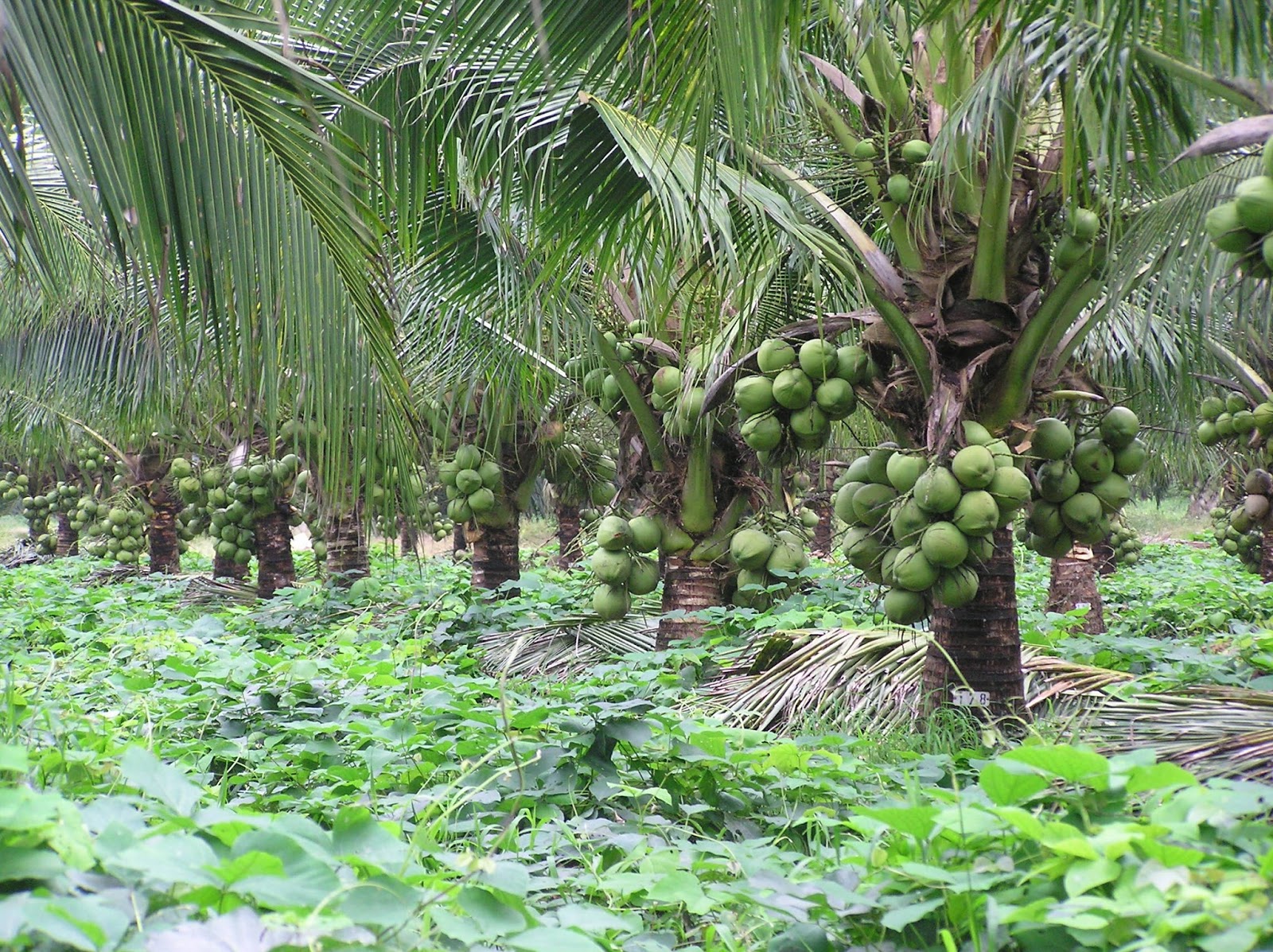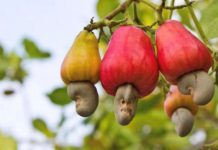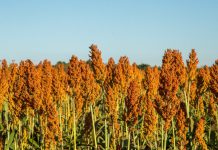Author: FATMA ABDU
AfricaPress-Tanzania: TANZANIA is the leading producer of coconut in Africa, but still its initiatives to develop and increase production do not benefit its farmers and address constant importation of edible oil.
Speaking to the ‘africa-press’ in Dar es Salaam over the weekend, Tanzania Agricultural Research Institute, Mikocheni Centre (TARI Mikocheni) Manager Dr Zuberi Bira said coconut farmers should be encouraged to cultivate modern varieties and apply good methods, which raise production to increase their incomes.
In his explanation, it was noted that Tanzania is producing an estimated 800 million pieces of coconut per year that still does not make it potential to feed the local demand and export some.
“We plan to continue boosting production of coconut crops to limit increasing importation of edible oil from abroad. Tanzania is the leading country in the production of coconut in Africa, but still imports from neighbouring country of Kenya to fulfill its demands.”
He noted that if farmers use good agricultural practices the production would increase from between 15 to 20 coconut pieces harvested per one coconut tree per year.
“We encourage our farmers to use improved varieties as advised by researchers. We have produced four types of improved seeds of coconut notably EAT toll, EAT mwambani, EATLBS, and EAT vuo. These improved varieties help to increase production from 15 to 20 up to 100 pieces per tree,” further said the manager
On his part, TARI Director General, Dr Geofrey Mkamilo said the government will save between 400bn/- to 675bn/- per year from the importation of edible oil once the implementation of a strategy to increase production of sunflower and palm oil products in the country are finalized.
He said big importation of oil comes at a time when the country has the potentials to produce more crops for edible oil, tasking the institute to research for improved seeds of coconut.
He said that would be achieved through frequent trainings to farmers with better agricultural technologies to cultivate and increase production.
“TARI Mikocheni Centre has been dealing with coconut crops and the second area is biotechnology research,” said Dr Mkamilo, adding that they also ensure that any technology advanced is shared and accessible to farmers.







